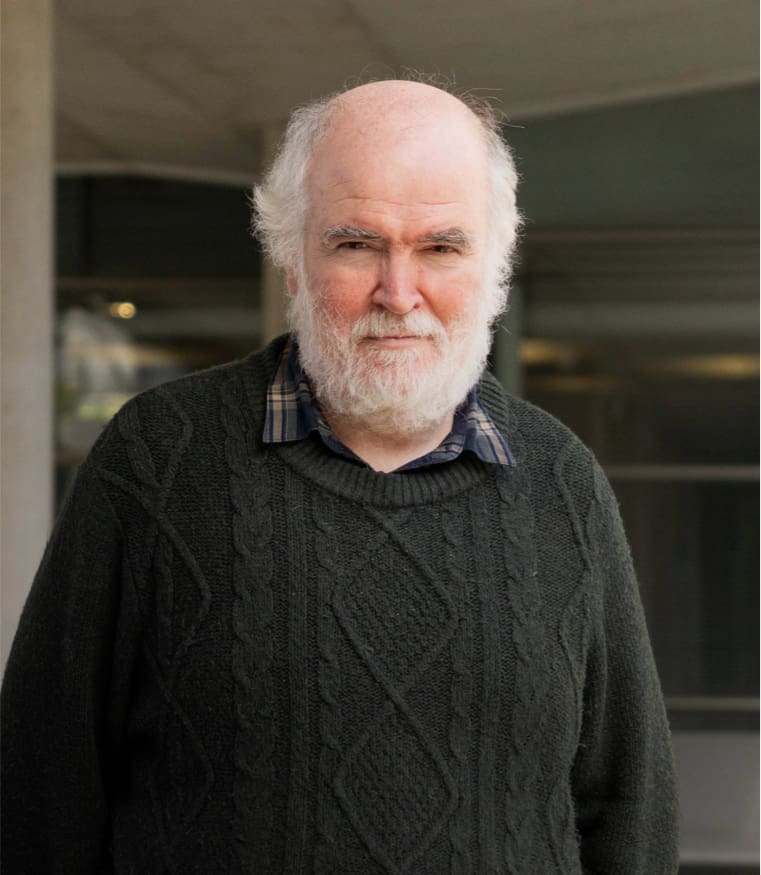Charge-controlled Pd catalysis enables the meta-C–H activation and olefination of arenes

Mondal, A.; Díaz-Ruiz, M.; Deufel, F.; Maseras, F.; van Gemmeren, M.
Chem 2023, 9 (4), 1004-1016
DOI:
10.1016/j.chempr.2022.12.019

Let's create a brighter future
Join our team to work with renowned researchers, tackle groundbreaking
projects and contribute to meaningful scientific advancements




















